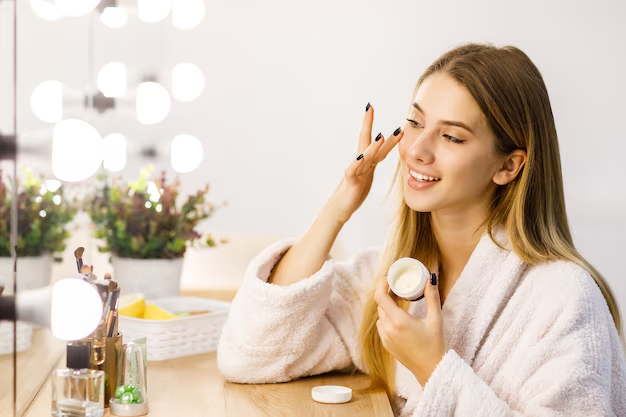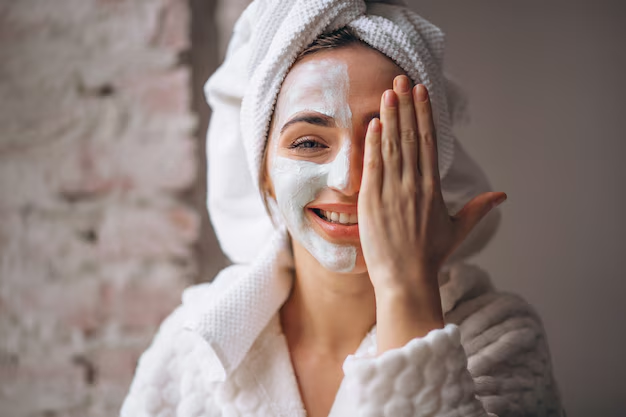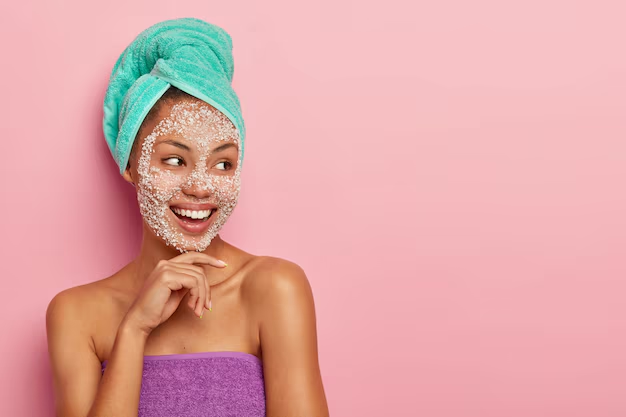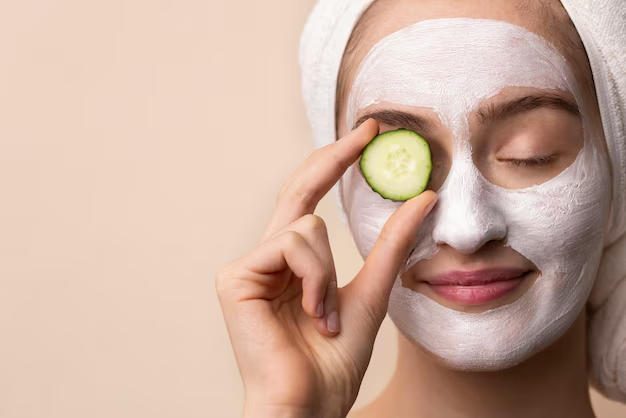Skincare has become more than just a beauty routine—it’s now a science. From understanding the layers of our skin to identifying the active ingredients that truly work, the science of skincare is evolving rapidly. With so many products available in the market, understanding how our skin works and what it needs is crucial to achieving healthy, glowing, and timeless beauty. In this article, we’ll explore the science behind skincare, the factors that affect our skin, and how you can unlock the secrets to maintaining youthful skin for years to come.
The Skin: Your Body’s Largest Organ
The skin is not just the body’s outermost layer; it is the largest organ in your body, covering an average area of 20 square feet. It acts as a protective barrier that prevents harmful substances from entering the body, regulates temperature, and helps in the production of Vitamin D when exposed to sunlight. The skin consists of three main layers: the epidermis, dermis, and hypodermis. Each layer plays a crucial role in maintaining skin health and beauty.
- Epidermis: This is the outermost layer and acts as the primary barrier between the body and the external environment. It consists mainly of keratinocytes, which produce keratin to protect the skin from environmental damage. This layer also contains melanocytes, responsible for producing melanin, which gives the skin its color.
- Dermis: Located beneath the epidermis, the dermis is made up of collagen and elastin fibers, which provide the skin with structure, strength, and elasticity. The dermis also contains blood vessels, hair follicles, sweat glands, and nerve endings.
- Hypodermis: This is the innermost layer of skin, primarily composed of fat and connective tissue. It helps insulate the body and acts as a cushion to protect underlying muscles and organs.
Understanding Skin Aging: The Science Behind Wrinkles and Fine Lines
As we age, our skin naturally undergoes changes. The production of collagen and elastin in the dermis decreases, which results in sagging, fine lines, and wrinkles. Additionally, the skin becomes thinner and drier due to a decline in the skin’s ability to retain moisture. Other factors such as sun exposure, environmental pollution, diet, and stress can accelerate the aging process.
UV rays from the sun are one of the primary causes of premature aging. UV radiation triggers the production of free radicals, which damage collagen and elastin fibers, leading to wrinkles, age spots, and an uneven skin tone. This is why daily sunscreen use is essential in protecting the skin from UV damage.
The Role of Skincare Ingredients in Anti-Aging
Understanding the active ingredients in skincare products can help you choose the right ones for your skin’s needs. Some ingredients have been scientifically proven to reduce signs of aging, promote skin repair, and protect the skin from environmental damage.
- Retinoids (Vitamin A derivatives): Retinoids are one of the most researched and effective ingredients in skincare. They stimulate collagen production, speed up cell turnover, and improve skin texture. Retinol and tretinoin are commonly used to reduce wrinkles, fine lines, and hyperpigmentation.
- Vitamin C: Vitamin C is a powerful antioxidant that neutralizes free radicals, reduces pigmentation, and stimulates collagen production. It helps brighten the skin and improve its overall tone. Regular use of Vitamin C can also reduce the appearance of fine lines and age spots.
- Hyaluronic Acid: Known for its incredible moisture-retaining ability, hyaluronic acid helps hydrate the skin and plumps up fine lines and wrinkles. It draws moisture from the environment into the skin, making it an essential ingredient for dry or dehydrated skin.
- Peptides: Peptides are short chains of amino acids that help rebuild and repair the skin. They stimulate collagen production, improving the skin’s elasticity and firmness. Peptides are often included in anti-aging products to smooth the skin and reduce wrinkles.
- Sunscreen: Sunscreen is arguably the most important skincare product in preventing premature aging. Broad-spectrum sunscreens protect the skin from both UVA and UVB rays, preventing sunburn, pigmentation, and long-term damage to collagen.
How to Build an Effective Skincare Routine
To unlock the secrets to timeless beauty, it’s essential to create a skincare routine that targets your skin’s specific needs. The basic steps in a skincare routine should include cleansing, toning, moisturizing, and sun protection. For anti-aging purposes, incorporating serums and treatments with active ingredients like retinol, Vitamin C, or peptides can help.
- Cleansing: Cleansing is the first and most crucial step in any skincare routine. It removes dirt, makeup, and pollutants, allowing other products to absorb effectively.
- Toning: Toning helps balance the skin’s pH and prepares it for further treatment. Look for toners with ingredients like witch hazel or rose water for added hydration.
- Serums and Treatments: Incorporate targeted treatments such as Vitamin C serums in the morning and retinoids in the evening to address specific skin concerns like pigmentation, fine lines, and wrinkles.
- Moisturizing: Moisturizing is essential to lock in hydration and keep the skin soft and supple. Choose a moisturizer suited to your skin type—lightweight for oily skin, and richer for dry skin.
- Sunscreen: Always apply sunscreen during the day, even when it’s cloudy. Sunscreen is your best defense against premature aging and sun damage.
FAQs
1. What’s the best way to prevent wrinkles?
The best way to prevent wrinkles is by wearing sunscreen daily, staying hydrated, using anti-aging ingredients like retinoids and Vitamin C, and maintaining a healthy lifestyle.
2. Can retinol make my skin sensitive?
Yes, retinol can make the skin sensitive, especially when you first start using it. Begin with a lower concentration and gradually increase usage to allow your skin to adjust.
3. How does Vitamin C help with skin aging?
Vitamin C neutralizes free radicals that cause skin damage, reduces pigmentation, and stimulates collagen production, all of which help prevent signs of aging.
4. What age should I start using anti-aging products?
It’s ideal to start incorporating anti-aging products like Vitamin C and retinoids in your late 20s to early 30s, but it’s never too late to begin.
5. How often should I exfoliate?
Exfoliate 2-3 times a week to remove dead skin cells and promote skin renewal. Over-exfoliating can lead to irritation, so use gentle exfoliants.
6. Can sunscreen reverse sun damage?
Sunscreen cannot reverse sun damage but can prevent further damage and protect the skin from UV radiation, which helps reduce the appearance of wrinkles and age spots over time.
7. Is there a “best” skincare routine for every skin type?
No, the best skincare routine varies by skin type. Dry skin needs extra hydration, oily skin benefits from lightweight products, and sensitive skin requires gentle formulas.
Conclusion
Unlocking the secrets to timeless beauty requires a scientific understanding of how your skin works and what it needs to stay healthy and youthful. By incorporating proven ingredients like retinol, Vitamin C, and hyaluronic acid into your skincare routine, and protecting your skin from sun damage with sunscreen, you can maintain your skin’s vitality and radiance for years to come. Remember that skincare is a lifelong commitment—patience and consistency are key!
Key Takeaway
Timeless beauty is achieved through understanding the science behind skincare and selecting the right products for your skin. Focus on prevention with sunscreen, repair with retinol and Vitamin C, and hydration with hyaluronic acid to unlock the secrets of youthful, glowing skin.




